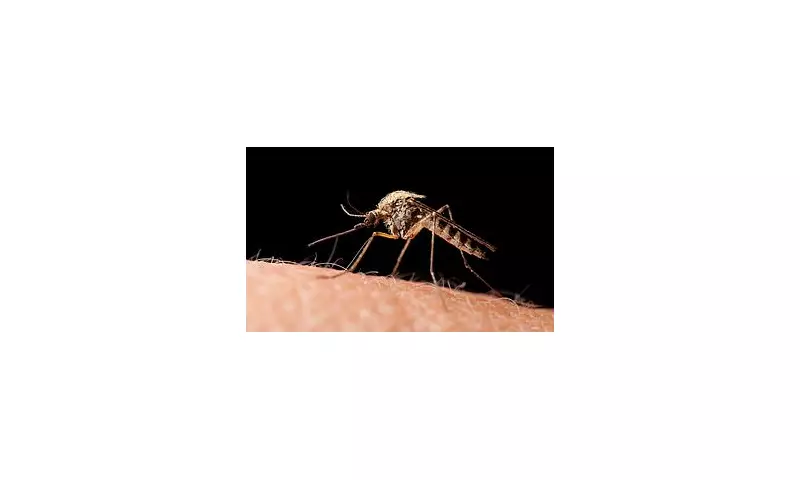
It's a familiar summer scene: you're enjoying a cold pint in the beer garden, only to become the main course for a swarm of mosquitoes. Now, groundbreaking scientific research has confirmed this isn't just bad luck—it's a biological reality.
A fascinating new study has uncovered the direct link between alcohol consumption and your attractiveness to mosquitoes. The findings suggest that indulging in just a single pint can significantly increase your chances of being bitten.
The Science of Sweat and Attraction
Researchers discovered that the ethanol present in alcoholic drinks is excreted through our sweat, subtly altering our unique body odour. This change acts like a powerful olfactory signal to mosquitoes, effectively turning your skin into a beacon for bites.
The study involved careful observation of how mosquitoes responded to participants who had consumed alcohol versus those who had not. The results were striking, showing a clear and measurable preference for those who had been drinking.
Why You Become a Target
Scientists posit that this phenomenon occurs because metabolising alcohol raises your body temperature and increases sweat production. Mosquitoes are highly attuned to the chemicals released in sweat, particularly on warmer skin, making drinkers the perfect target.
This research provides the first concrete evidence to explain the long-held anecdotal belief that drinking makes you more vulnerable to insect bites.
How to Protect Yourself
If you're planning an evening outdoors with a drink, experts recommend being proactive:
- Use a reliable insect repellent containing DEET or picaridin.
- Wear light-coloured, long-sleeved clothing to create a physical barrier.
- Consider applying repellent more frequently, as sweat can dilute its effectiveness.
This research not only solves a common mystery but also offers valuable insights for public health strategies in regions where mosquito-borne diseases are a concern. Understanding these attraction triggers is a crucial step in improving personal protection and preventing illness.





